Amanda Stein, Start Early director of research and evaluation, discusses findings from our latest research that finds geographic placement of full-day pre-K matters not only for more equitable pre-K access, but also for academic outcomes in early elementary school.
Young children, their families, and our broader society are unable to reap the benefits of quality ECCE programs if children and families are not able to access them. Existing research evidence shows that differential access is an important contributing factor to inequities in enrollment. There is an enormous body of work about the long-term benefits associated with quality care and education in a child’s earliest years, including the recent research evidence coming out of Boston, that makes disparities in access to programming particularly concerning.
The Chicago-based organization Start Early is providing the source in relation to lack of early child care in some states and inequities that result as of child care deserts across the country.
Initially published by Amanda Stein, Ph.D on June 15, 2021
For the full read, click here.



